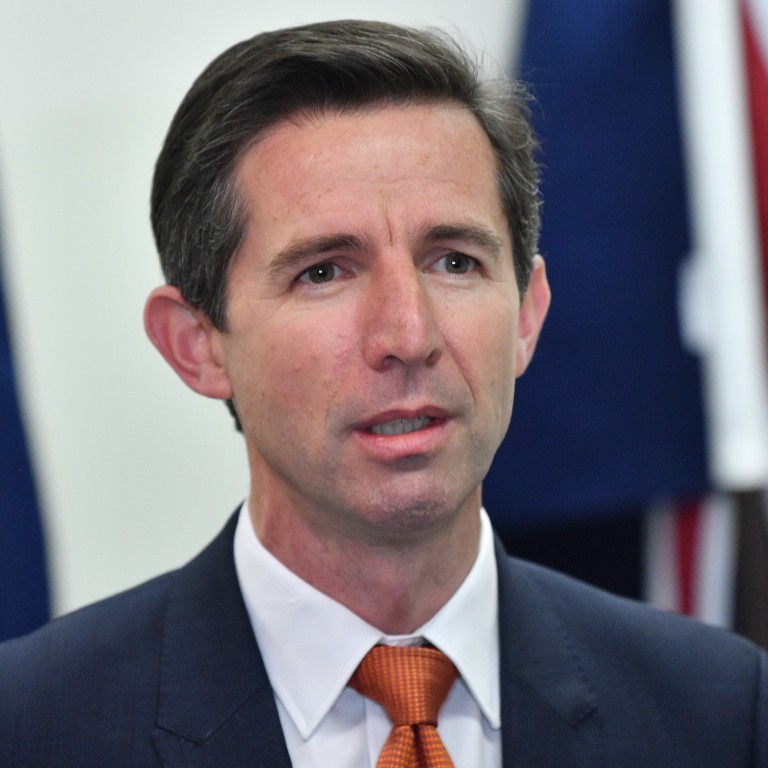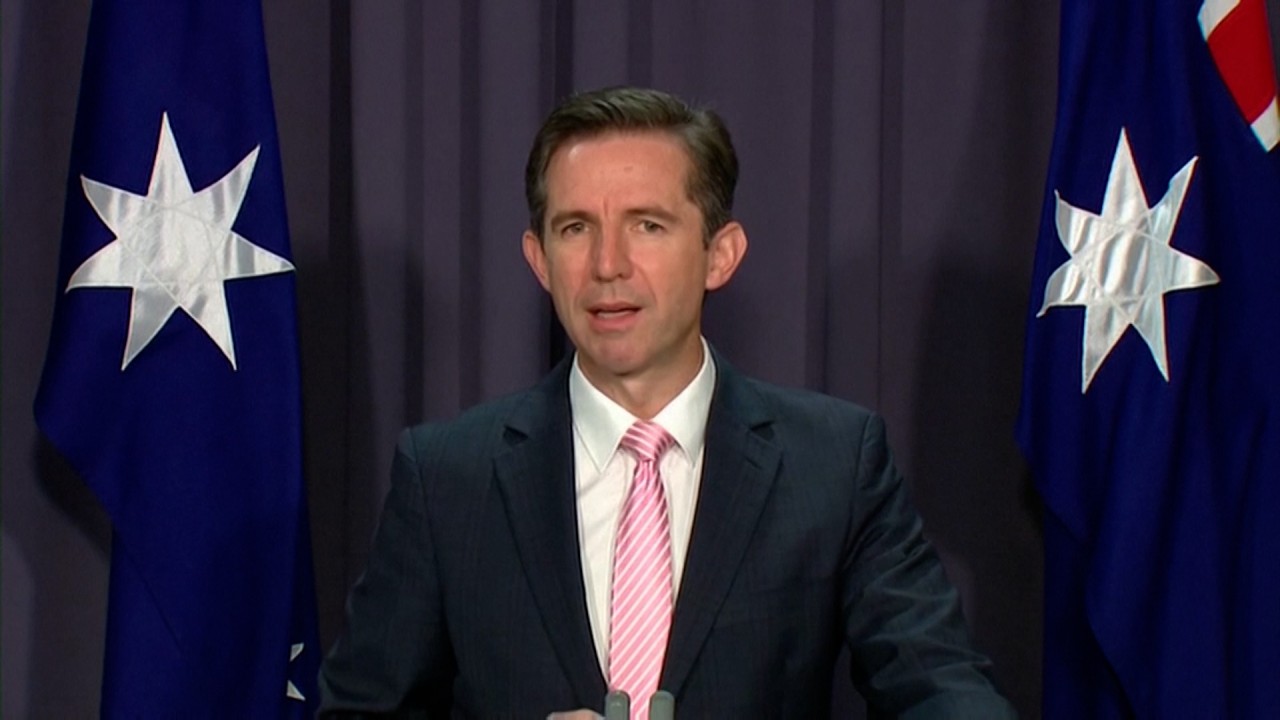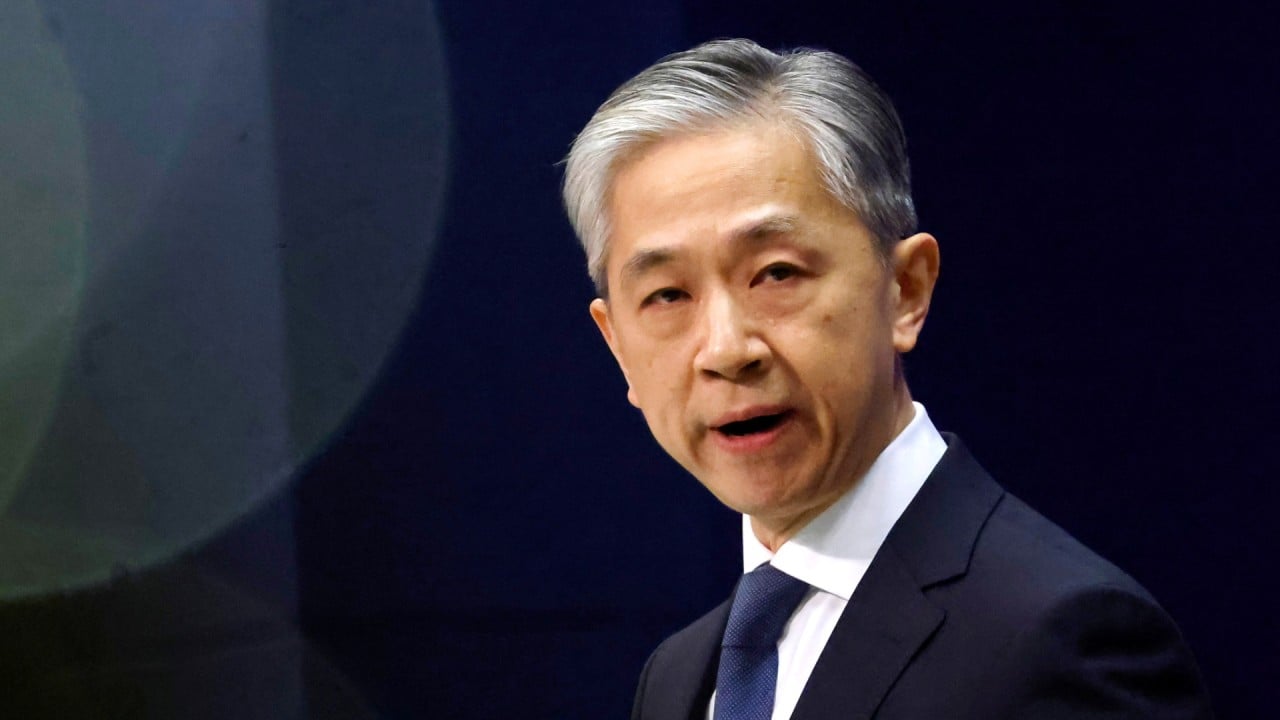
China-Australia relations: Canberra confirms WTO complaint ‘logical next step’ on China barley tariffs
- China placed a combined 80.5 per cent tariff on Australian barley imports in May after an 18-month investigation
- Trade minister Simon Birmingham confirmed that Australia had notified the World Trade Organization (WTO) that it will lodge requests for ‘formal consultations with China’
Trade minister Simon Birmingham on Wednesday described Australia’s decision to appeal to the World Trade Organization (WTO) over China’s tariffs on Australian barley imports as the “logical and appropriate next step”.
We have applied at every step of this journey all the appropriate processes, procedures and courtesies to the manner in which Australia and Australian industries have engaged with the Chinese government and their Chinese counterparts
“We have applied at every step of this journey all the appropriate processes, procedures and courtesies to the manner in which Australia and Australian industries have engaged with the Chinese government and their Chinese counterparts. This is the logical and appropriate next step for Australia to take,” said Birmingham.
“We are highly confident that based on the evidence, data and analysis that we have put together already, Australia has an incredibly strong case.
“WTO dispute resolution processes are not perfect, and they take longer than would be ideal, but ultimately, it is the right avenue for Australia to take.”

02:01
Australia seeks WTO mediation on China barley tariffs
China imports about 70 per cent of Australia’s barley crop and have averaged about A$1.2 billion (US$904 million) in export revenue a year. The duties will trim down Australia‘s barley export value to A$750 million (US$565 million), according to the Australian Bureau of Agricultural and Resource Economics and Sciences.
The Australian farming and grain growing industry stood behind the decision, saying it is important to promote and uphold the rules of the WTO.
“An integral part of upholding these values is the use of WTO dispute settlement mechanisms where there is an indication that a breach of these rules has occurred. We believe this is the case with respect to anti-dumping and countervailing tariffs imposed on Australian barley,” National Farmers’ Federation president Fiona Simson said.
Simson added this was not the first time it has supported WTO actions against partner countries, having previously supported cases against Canada and New Zealand.
Simson said that she hoped the case at the WTO would resolve differences to restore the mutually beneficial trade between Australia and China.
Two-way trade between China and Australia is worth around A$240 billion (US$181 billion), while China buys around 39 per cent of Australia’s merchandise exports.
But the odds are already stacked against Australia in any attempt to make a claim with the WTO, especially if Canberra fails to settle the case with Beijing during preliminary consultations.

01:37
China to Australia: Coal import restrictions are responsible for domestic industries and customers
But a new multiparty interim appeal arrangement (MPIA) set up this year eliminates that issue. As parties to the MPIA, they can appeal to the MPIA which serves as a stopgap panel to hear appeals in the absence of an operational Appellate Body.
Birmingham said on Tuesday the government was “very, very concerned” about the reports, adding that such a boycott could “constitute a breach of China’s commitments” as a WTO member nation.
The reported ban is the latest escalation in a series of trade actions from China that began in April, when Australia called for an international inquiry into the origins of the coronavirus without consulting Beijing.

